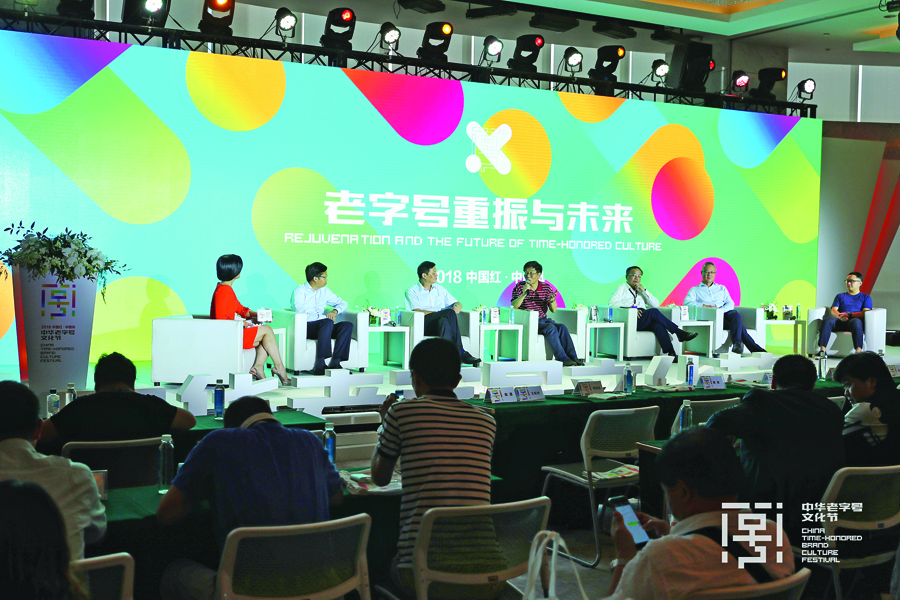Rejuvenation of time-honored brands


"The show is of course not about selling bicycles, but selling Phoenix as a brand. Once a brand finds its way back to the frontier of consumers' attention, sales can be easily generated," Wang said.
The bicycle company's latest financial report showed that in 2017, it raked in 1.43 billion yuan ($208 million) in sales, up by 127 percent year-on-year. However, as nearly half of its sales came from low-end manufacturing for bike-sharing company Ofo, its profit actually suffered a 4.3 percent drop.
While Wang evaded the timing of the collaboration with the pitfall of profit drop last year, he acknowledged that Phoenix, despite being a household name familiar to every one growing up in the era when China was dubbed "the bicycle kingdom", is desperately looking for an upgrade and transition.
Having been expanding its offerings to varieties including baby carts, mountain bikes and wheelchairs, Wang believed Phoenix's popularity in the 1980s could be resumed once young people find it a relevant and cool brand.
The concept of "time-honored brands", or laozihao in Chinese, was first proposed at the beginning of the 1990s by China's Ministry of Commerce. There is no clear definition as to how historical a brand should be in order to be named "time-honored". But the ministry said all time-honored brands or the products they sell should carry a distinguished Chinese heritage or cultural traditions.
But tradition doesn't necessarily equal success. It is estimated that only 10 percent of the nation's thousands of time-honored brands have managed to yield a profit consistently, while 20 percent have been afflicted with losses for a long time.
"The English translation of the category is not precisely accurate. The long history or time of these brands can both be an honor and a burden," said Yu Mingyang, a professor at Shanghai Jiaotong University who focuses on the study of brand management.
Having followed the development of dozens of time-honored brands for more than a decade, Yu pointed out that the biggest problem of these brands is that many of them are left with only "a halo, or an empty shell".
"The Chinese word for brand, pinpai, actually means two things combined - first the product, as pin, and then the brand, as pai. However, many time-honored brands only have the second part now," Yu said.
He offered examples including Butterfly sewing machines and Wastons electric fans. Although these names still ring a bell for Chinese people born before the 1990s, they might be quickly falling out of not only the business world, but also people's memories as their products are no longer in use.
"It could be the last critical moment to save, not necessarily revive, these time-honored brands, before they have gone completely out of our life," Yu said.
And he noted that it's less about what the brand originally sold, but how the brand connects with today's world while maintaining its identity.




































